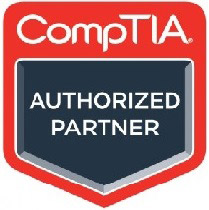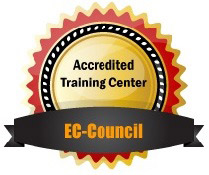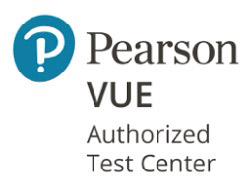
Cyber Knowledge, Skills and Abilities Development
Ensuring training programs develop the right level of competence requires analyzing the necessary Knowledge, Skills, and Abilities.
Securible uses a Knowledge, Skills, and Abilities (KSA) focused approach to ensure that courses are developed to meet client training objectives and provide learned skills that students can put to immediate use. Our KSA approach involves six key steps as part of the Analysis phase of the ADDIE model. Provided below is a description of how Securible implements the approach during client training development:
1. Define Role – Securible works with the client to define the job or functional role that must be trained on a particular topic. We will ensure alignment with NIST's SP 800-181, National Initiative for Cybersecurity Education (NICE) Cybersecurity Workforce Framework.
2. Recruit Experts – Securible identifies and recruits Subject Matter Experts (SMEs) for each training focus area who could provide expert, real-world input to training development (including exercises and skill-building activities) as it relates to the defined job/functional role for the training.
3. Define Tasks – Securibel leverages those SMEs to help identify important tasks that students should quickly carry out for their job or role after the training. We will also cross reference and include the tasks for a given role identified in Appendix B of the NICE Framework.
4. Perform Competency Analysis (Knowledge, Skills, and Abilities) – Securible performs a competency analysis to ensure that the curriculum we develop meets the minimum standard of performance for the job role. Securible solicits input from the SMEs to develop knowledge statements, skill requirements, and an abilities analysis for each training course. We will also cross reference and include the KSAs for a given role identified in Appendix B of the NICE Framework.
5. Develop Learning Objectives – Securible develops the learning objectives for each course based upon the defined tasks and the competency analysis for the role to be trained.
6. Develop Learning Instruments – Based on the defined roles, tasks, competencies, and learning objectives, Securible determine the best learning instrument for each course and role. These might include case studies, quizzes, step-action labs, scenario labs, challenge labs, or even scored-labs to measure the learner's performance.






